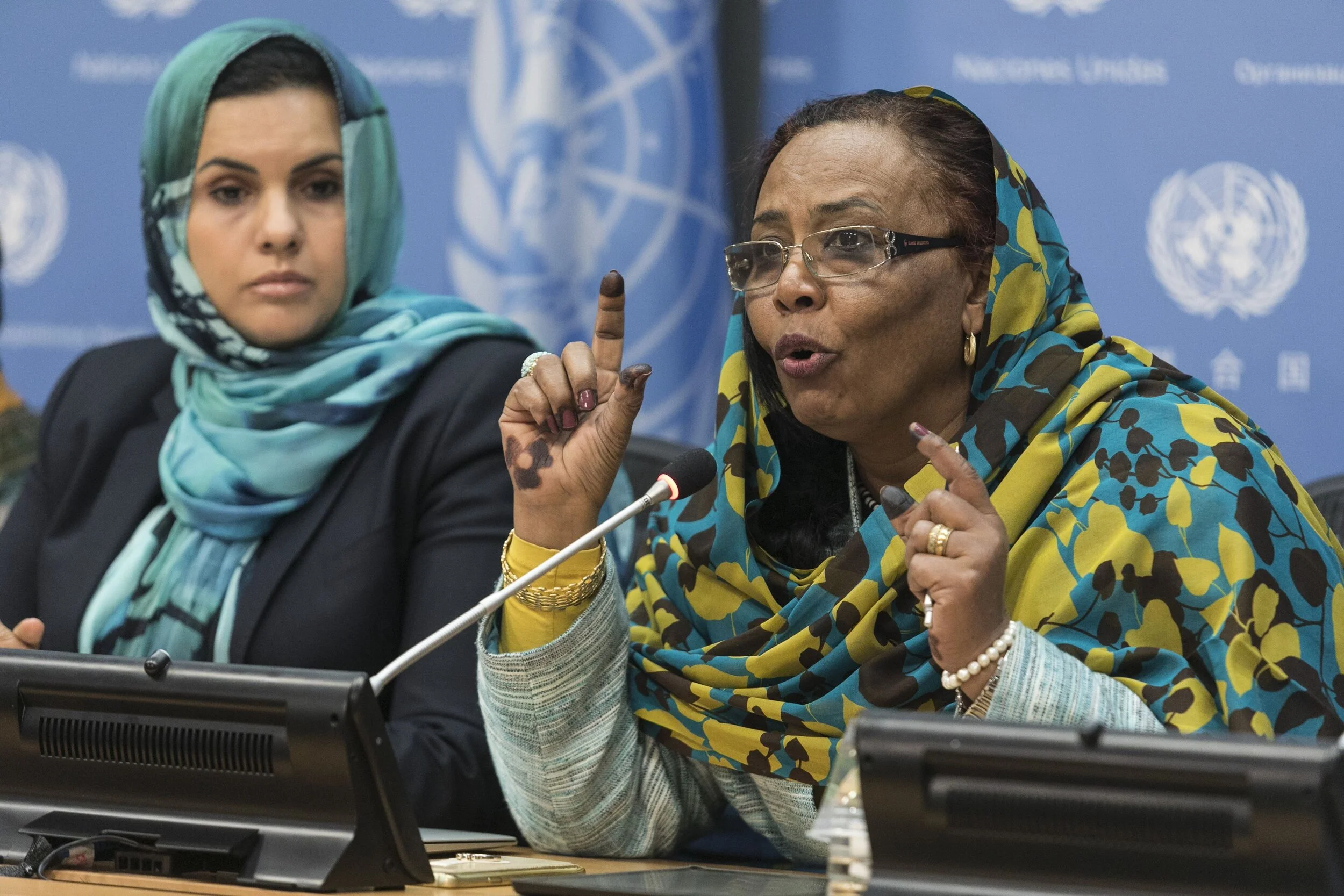Increasing women’s meaningful participation in decision making
Cultures of exclusion and exclusivity are rife in local, national and international decision making. We are working to abolish no-go areas for women.

From parliaments to peace tables, women in our region continue to be excluded from or marginalized in the processes and institutions making decisions about their lives.
Increasing women’s meaningful participation in decision making has long been a priority for Karama. Our work has seen us advocate for increased quotas for women in political and diplomatic processes, as well as building the capacity of women so that they can be be as effective as possible when they have the opportunity to participate.
Karama leads regular delegations to global meetings and processes such as the Commission on the Status of Women, and the Human Rights Council.
Ensuring the participation of women
Karama has supported our partners to secure quotas to guarantee greater levels of women’s political representation; they have worked in their communities to increase voter registration among women; provided training for women running for office. In Jordan’s 2016 parliamentary elections, 25 percent of the women candidates elected were trained by Karama partner AWO. In Libya, Karama provided leadership training for over 450 women.
This work is important because it is not enough to redress the gender balance toward equality - we need decision makers and influencers who will champion the women’s agenda.
There still remain many forums and institutions wielding vast influence over the lives of women and girls that continue to all but lock women out. In global peace processes between 1992 and 2019, just 13 percent of negotiators, 6 percent of mediators and 6 percent of signatories to peace deals were women.
When women are not invited to the table to discuss peace, we ensure that they are not excluded entirely. During the Geneva II talks for Syria, Karama brought a delegation of women activists to lobby for increased women’s participation in the peace process. Their efforts led the UN Special Envoy for Syria to set up the Women’s Advisory Board, with Karama’s lead Syrian partner invited to join. When it became clear that the board would have little positive influence on the process, we secured our partner an international platform to discuss her experience.
From Geneva II, to the Juba process for Sudan, to the Libyan Political Dialogue Forum, we continue to support our partners participating in peace processes and those who are fighting to get from the corridors to the negotiating table.
